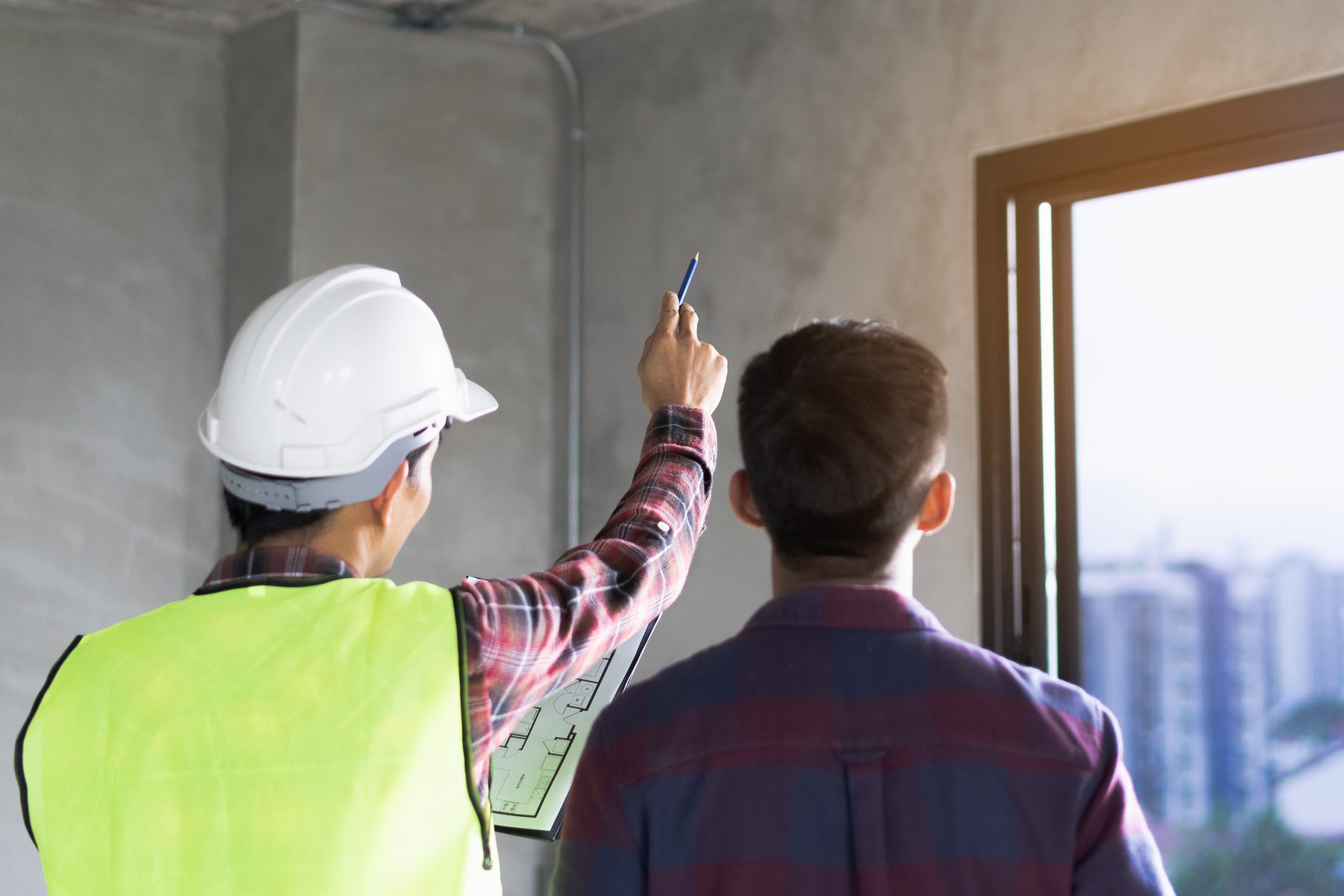A Basic Guide to Landlord Responsibilities

As a landlord, you may get a little confused with what exactly your role is in managing a rental. What exactly is your responsibility? What falls on your tenants? Read on for a basic guide outlining landlord responsibilities.
As a quick note, make sure you get a lawyer to help you navigate the many federal, state and local laws. We cannot give you legal advice, just a basic idea of what you need to do.
Provide a livable apartment
This is the number one requirement — you have to give your tenant a place that's actually fit to live in. The exact standards can vary from place to place, but usually include the following:
- Having a functional plumbing system, delivering hot and cold water to the kitchen and bathrooms
- Keeping the building weatherproof, with emergency exits easily accessible
- Working smoke and carbon monoxide detectors
- Providing a garbage removal service
- Having windows that open at least halfway and a deadbolt on the front entrance
- Following all other relevant building codes
If anything happens to the apartment that makes it unlivable, you’ll need to fix it. If the damage was directly caused by the tenant, it may be their responsibility, but expect the rest to be yours. It's also a good idea to always prepare your rental for new tenants when the old ones move out.
Deliver the unit to the tenant as promised
When you signed the lease, you promised the rental would be available by a particular time and in good condition. Not following through on either of these can be grounds for a lawsuit, so you’re responsible for making sure the previous tenant has moved out, the unit is in good shape, it has been thoroughly cleaned and everything is ready for move-in day.
Maintain common areas
This mostly applies to apartment buildings and other communities, but it’s still important knowledge. If there are any common areas, be it a swimming pool, a gym or just the hallways between units, you’re responsible for making sure that they’re clean and well-maintained. Anything that happens in those areas is your responsibility, so you need to make sure they’re in great shape.
Follow legal processes for interacting with tenants
This is where you’re really going to need to make sure you have a good lawyer on your side. What’s the correct procedure if you have to enter a tenant’s home? Usually, you need to give 24 hours notice unless there’s an emergency, but that can vary from place to place. How do you handle eviction notices or other ugly situations? If rent increases, when can that go into effect and how do you have to let the tenant know? The laws are in place to be fair to you and the tenant, so make sure you do your part to follow them correctly. If there’s a law applicable to your area, make sure to follow it.
Keep and return the security deposit
In some places, you can’t take a security deposit and simply promise to pay it back later — you have to keep it in a special account and let the tenant know which bank it’s with.
And that’s just storing the deposit — you’re responsible for returning it when the tenant moves out. You can’t just decide to keep it because you want to; you need a good and valid reason that must be communicated to the tenant. Document anything you deduct from the security deposit, making sure you’re only charging for things that really call for it, not just normal wear and tear. This could be an ugly legal battle if handled incorrectly, so make sure you’re following the right process in your city/state/region to avoid problems.
There are a lot of variations, but these cover the basic responsibilities of landlords across the country. If you follow these and get a good lawyer to help you navigate the many regional laws, you’re on your way to being a great landlord.
